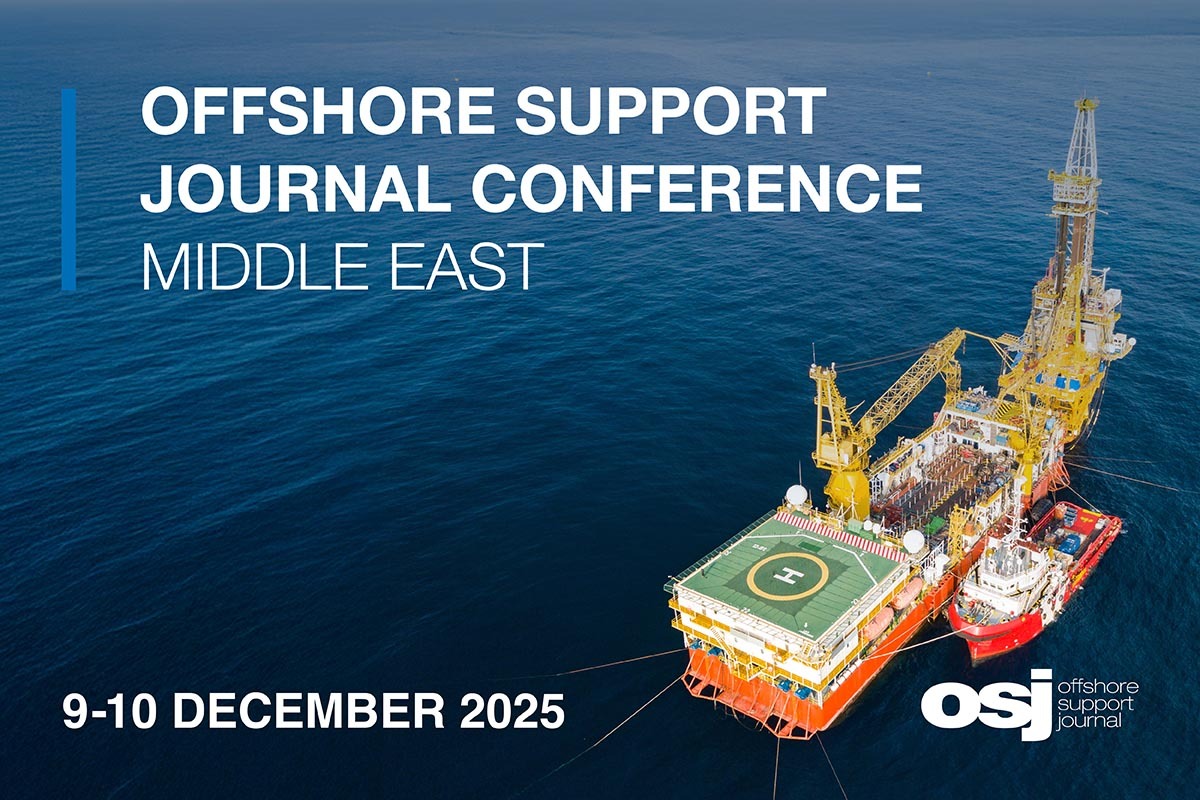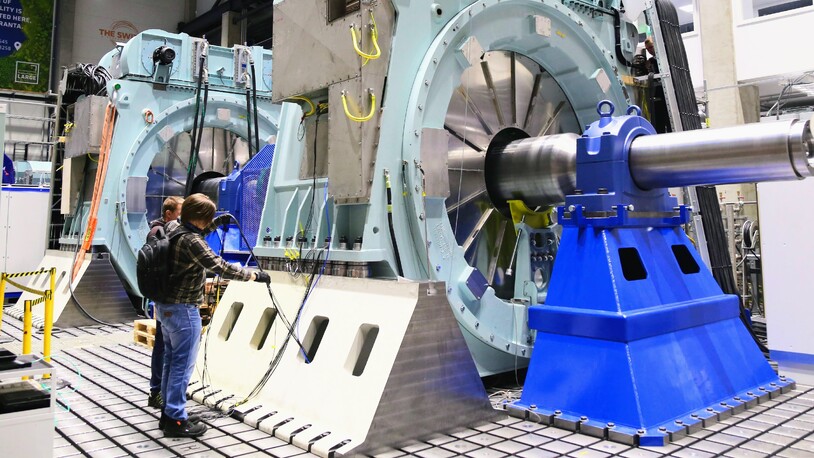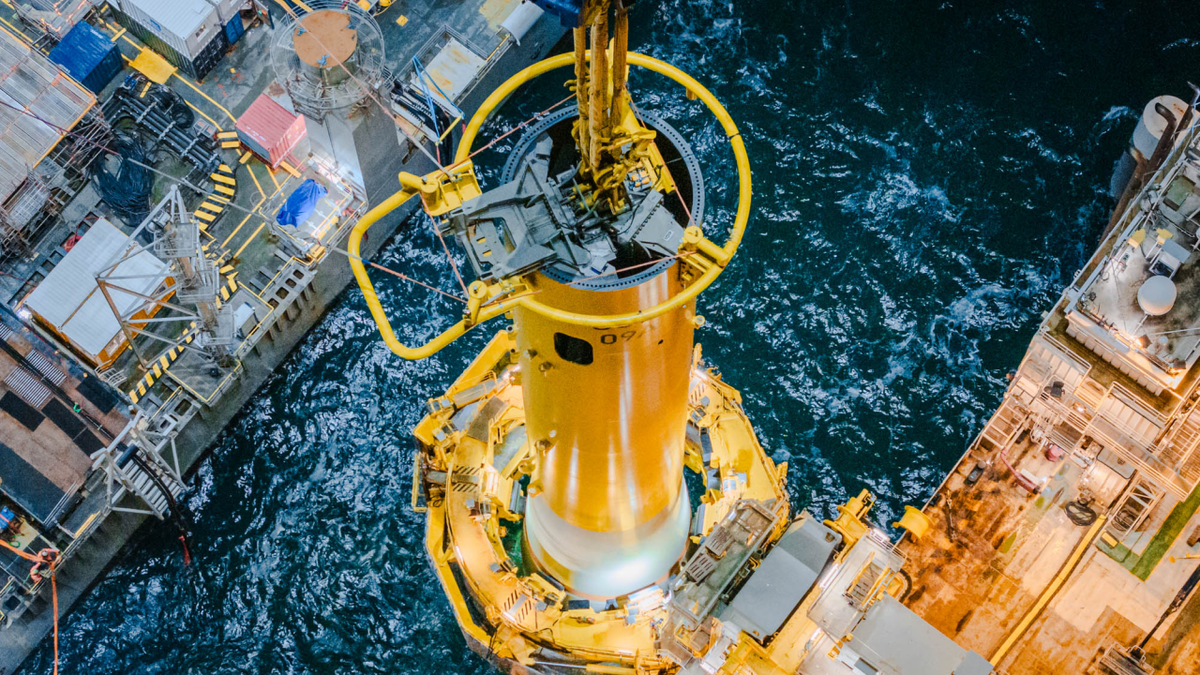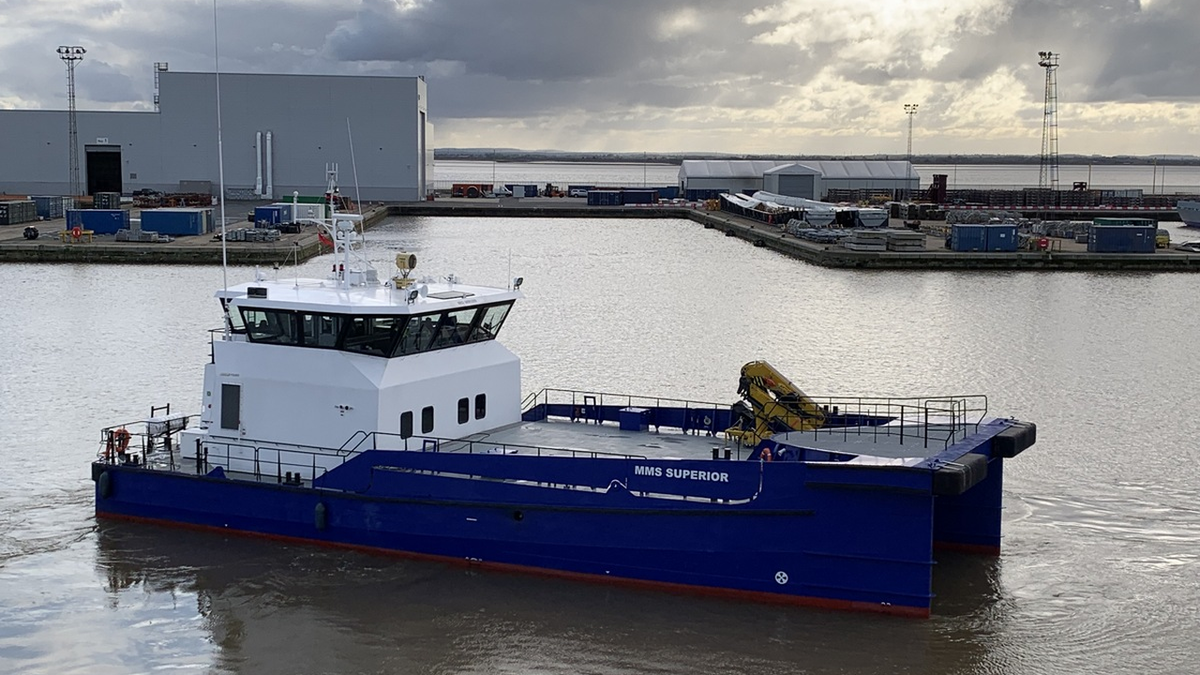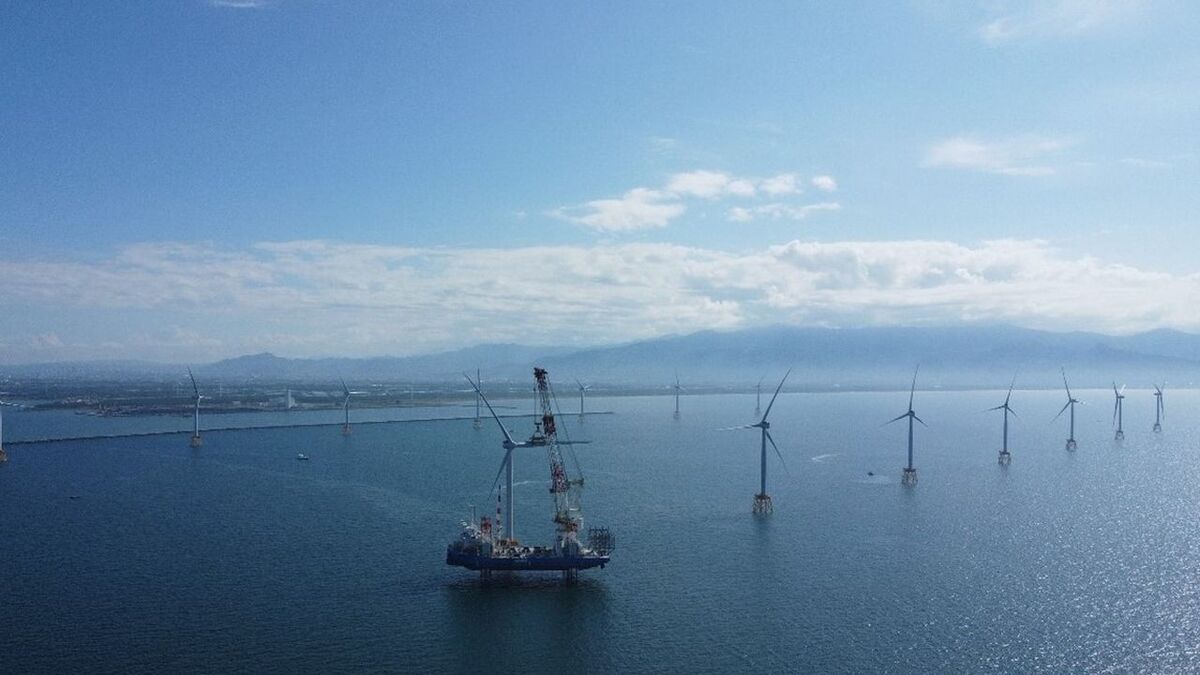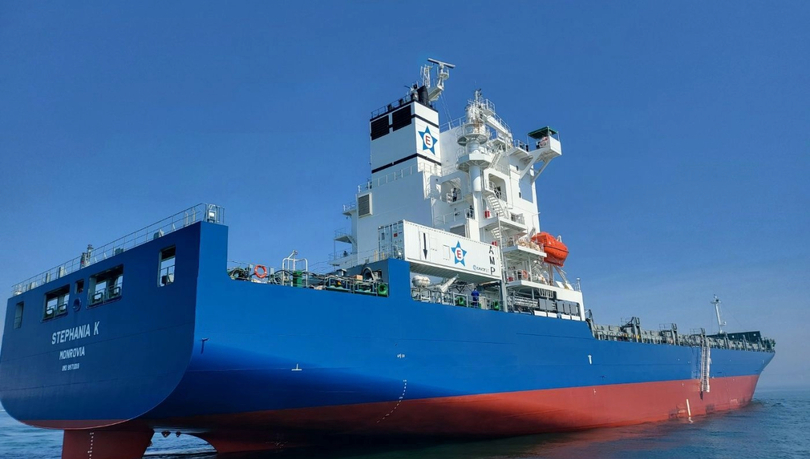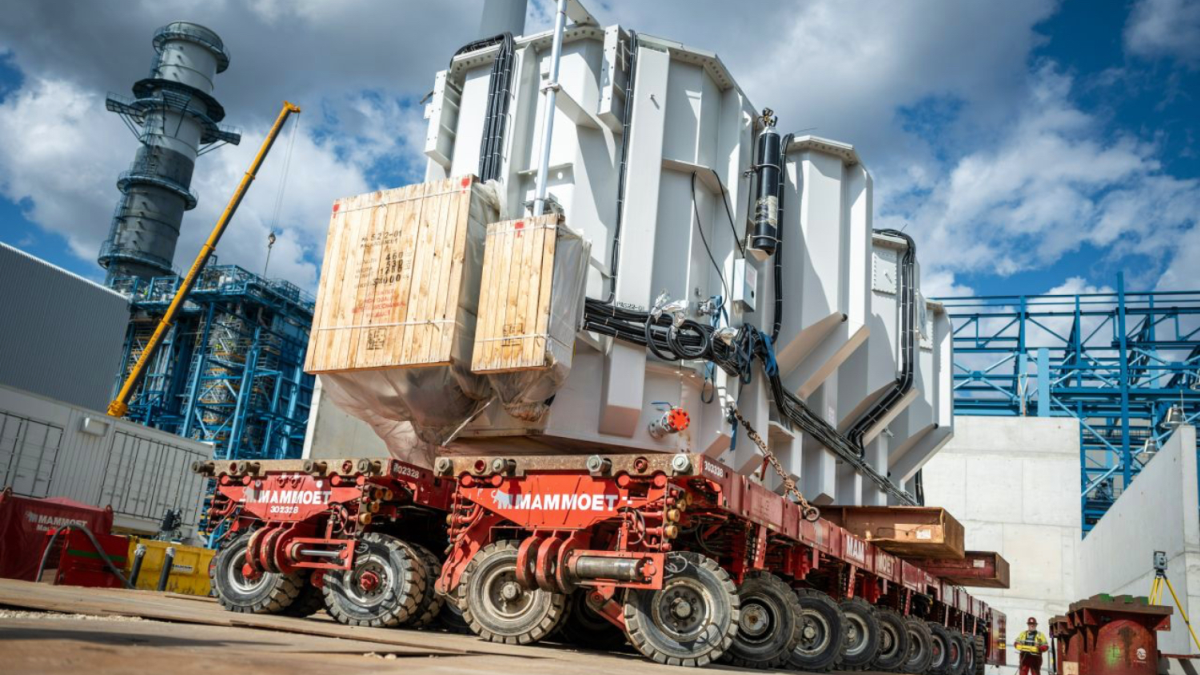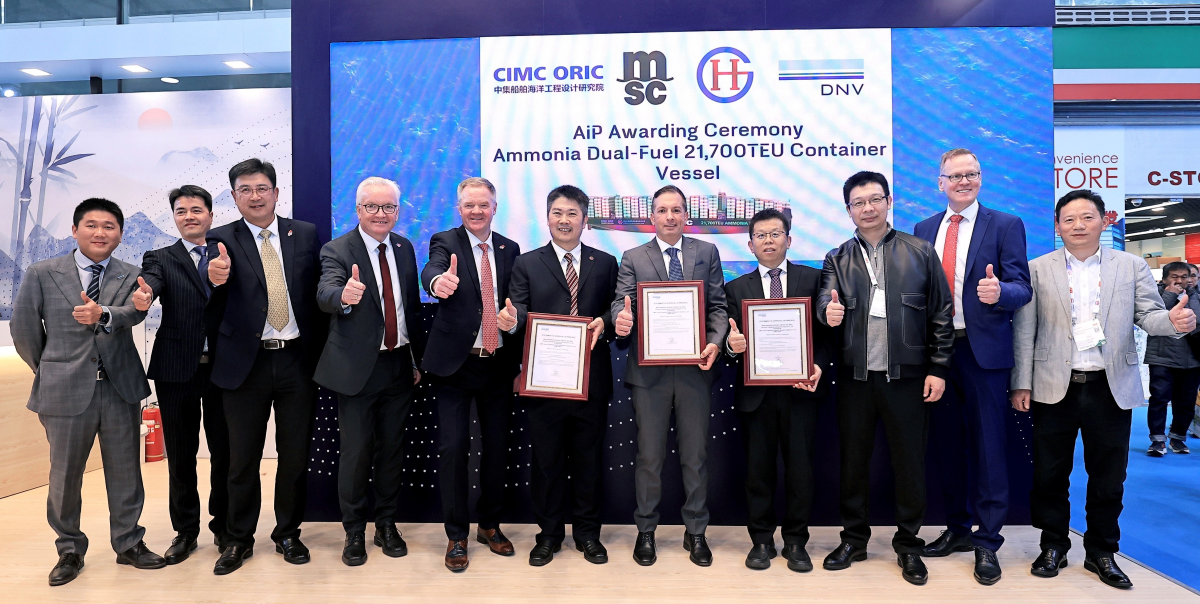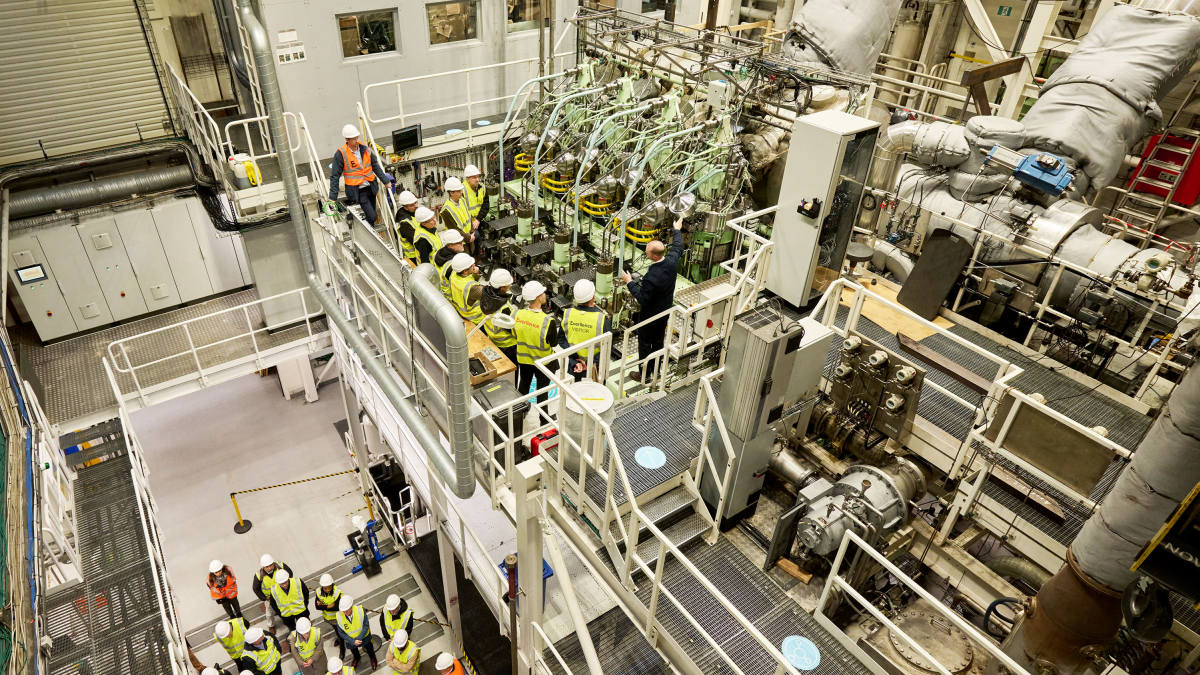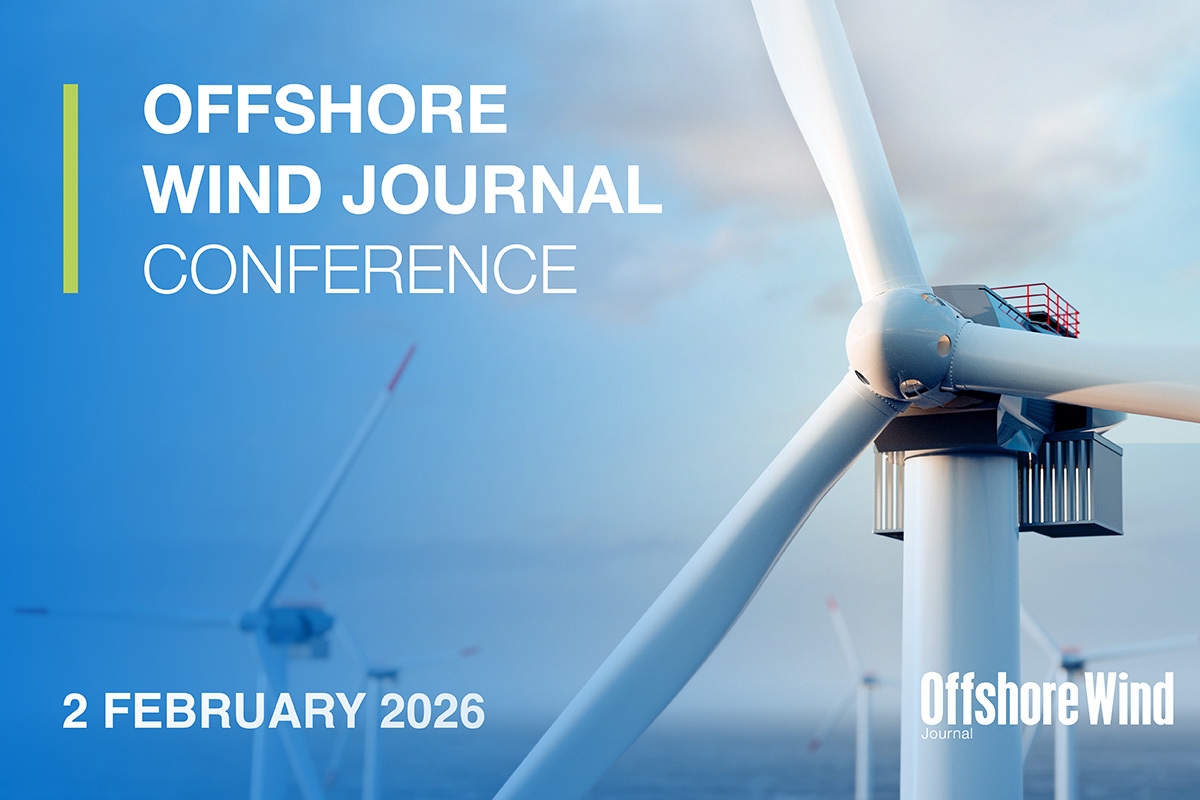Business Sectors
Events
Offshore Support Journal Conference, Middle East 2025
Contents
Register to read more articles.
Why methanol is the choice for box ship industry
Green methanol appears to be the frontrunner for the container ship industry in its decarbonisation drive
The orders are coming thick and fast. CMA CGM, COSCO and HMM are the latest to place substantial orders for methanol-fuelled newbuildings (see pages 6 and 7).
World Shipping Council, the leading association for the international liner shipping industry agrees methanol is a strong option.
“Methanol is very attractive, and our members have come to that conclusion,” World Shipping Council technical director for the environment and safety John Bradshaw told delegates at Riviera Maritime Media’s Maritime Decarbonisation Conference, Asia in Singapore in April.
Included among its membership are AP Møller-Maersk, CMA CGM and COSCO Shipping. The liner trio has invested billions of dollars in methanol dual-fuel newbuilds, with a combined total close to 50 ultra-large container ships on order.
An ABS press briefing highlights the strong growth of methanol in the container ship industry. Alternative fuels make up 58% of orders so far this year, and of this, methanol is the most popular alternative fuel for the box ship sector, with ABS global container sector lead Christoph Rasewsky saying year-to-date, 61% of the container ship orderbook consists of methanol newbuilds (Clarksons Research).
Sixty-six methanol-fuelled ships are on the orderbook, equating to 3.5M tonnes of fuel demand for methanol.
Mr Rasewsky also gives an example that shows methanol’s advantages in terms of costs, as a range of different measures can be used to bring the costs of operating a box ship on methanol down (for full description see pages 18 and 19). Adding all these measures means, in today’s slot costs range, the cost per TEU for a compact 19,000-TEU methanol-fuelled container vessel could be lowered to US$1,214 TEU versus US$1,086 for an average 15,000-TEU vessel.
The environmental benefits are also clear from the illustration Mr Rasewsky gives: a 19,000-TEU methanol-fuelled box ship with an extra package of measures applied leads to a potential 97% slash in emissions compared with the regular 15,000-TEU vessel.
Strides are being made when it comes to bunkering too, as a working group on methanol bunkering, managed by the Standards Development Organisation at Singapore Chemical Industry Council, has been established.
The group includes government agencies, bunker suppliers, bunker craft operators, engine manufacturers, testing and certification bodies, shipowners and operators, terminal operators and classification societies like DNV.
The multi-stakeholder working group will develop a Technical Reference (TR) for methanol bunkering in the world’s largest bunkering hub.
The TR will cover custody transfer requirements (quantity and quality) for delivering methanol as a bunker fuel, examine all aspects of bunkering from the bunker tanker to the receiving vessels, examine the operational and safety requirements for methanol bunkering, and cover crew training and competency.
Such standards are essential, as not only will they give carriers the confidence to use methanol, but they will enhance safety and provide a practical framework.
Riviera Maritime Media’s Maritime Decarbonisation Conference, Europe will be held 26-27 September 2023 in Amsterdam, the Netherlands. Use this link for further information and to register your interest
Related to this Story
Events
Offshore Support Journal Conference, Middle East 2025
Maritime Regulations Webinar Week
Maritime Decarbonization Conference, Americas 2026
Offshore Wind Journal Conference 2026
© 2024 Riviera Maritime Media Ltd.
